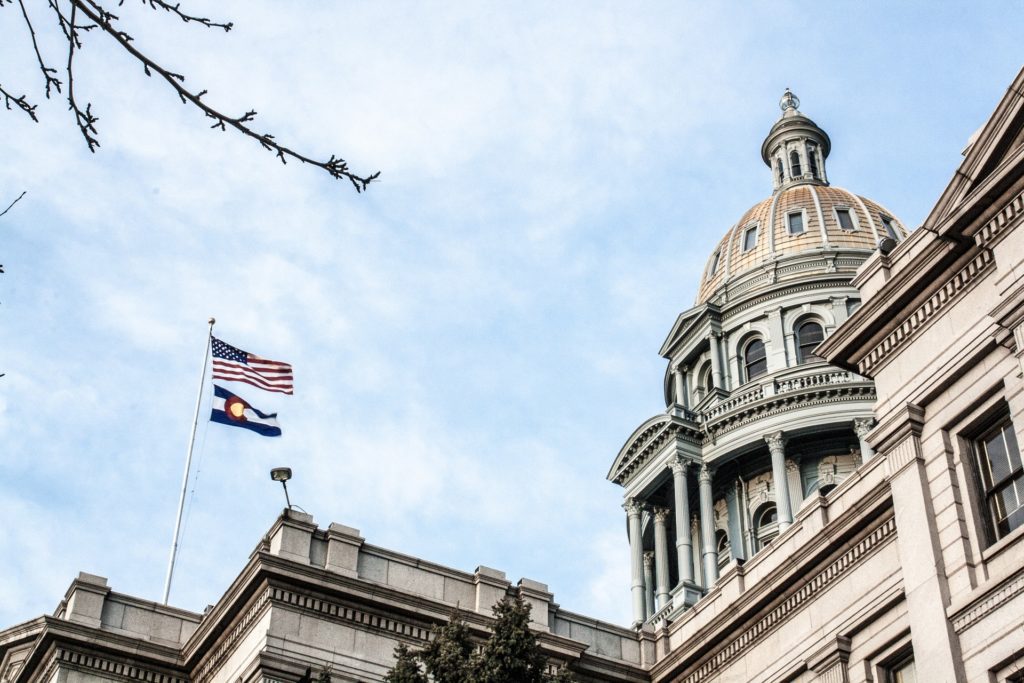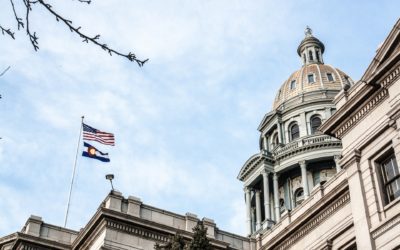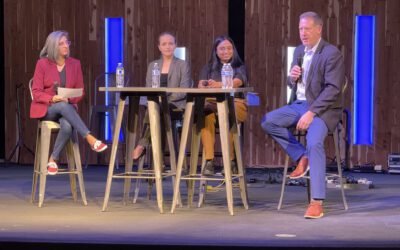
By Jeff Weist, Jefferson County Business Lobby | December 7, 2020
Colorado General Assembly wrapped up an unusual special session last week, taking just three days to pass eight bills aimed at providing economic relief amidst the pandemic.
The news of the special session took many by surprise. Here is how we got here. Before Thanksgiving, Governor Polis sent his annual proposed budget to the Legislature. It included $1.3 billion in proposed stimulus and relief funds. After significant cuts made to the State budget earlier in the year, a quickly recovering economy significantly refilled the State’s coffers. While the Governor would like to spend a large part of that unexpected revenue on stimulus and relief, the Legislature always has the final say on the budget.
The Governor and the Democrat legislative leadership, with some bi-partisan support, did agree on roughly $220 million in immediate relief, however. Given doubts about the willingness of Congress to act on a second major round of stimulus funding in the near future, the Governor decided to call the Legislature into a special session to pass that agreed-upon package.
Under the Colorado Constitution, the Legislature is limited to considering the topics contained in the Governor’s call for a special session. The Constitution also requires a minimum of three days to pass a bill through both the House of Representatives and the Senate before sending it to the Governor’s desk for signature.
So, it was an intense three days last week as the Legislature took up eight pre-negotiated bills to address the topics in the Governor’s call.
Of most import to JeffCo’s business community, two bills provided some modest relief to small businesses hardest hit by the State’s occupancy limits. That included:
HB20B-1004 – This bill permits restaurants, brewpubs, bars and other food and alcoholic beverage businesses (see link to the bill for the full list) to deduct up to $70,000 in sales each month from state sales tax remittances (that’s a max of about $2,000) for the four months lasting from November, 2020, to February, 2021.
SB20B-001 – Taking a slightly different approach, this bill creates a $37 million one-time grant program to certain businesses to be distributed by counties starting in February. Grants to arts and cultural institutions and minority-owned businesses were also made available.
Grants are only available in counties at the Red Level on the State’s dial framework as of December 31st. Businesses in those counties with less than $2.5 million in receipts can apply for up to $7,000, depending on actual size. See the bill link above for the full list, but eligible types of businesses include restaurants, bars, breweries, wineries, taverns, caterers, movie theaters, gyms and rec centers.
These two bills represent roughly one-half of the $220 million appropriated for relief in the special session.
Other legislation included in the Governor’s call and passed by the Legislature included: child-care support, housing and rental assistance, funding for broadband access for students attending school online, support for food banks, utility bill assistance and funding for the State’s public health response.
While those pre-negotiated, bi-partisan bills were the only ones to pass during the special session, a couple dozen more were introduced, mostly bills from Republican lawmakers with little or no Democrat support. Those included bills to limit the Governor’s authority to declare a public health emergency and to limit how public health orders are issued and enforced. Other unsuccessful Republican bills would have granted limited immunity to businesses against COVID-related lawsuits or delayed the implementation of business mandates enacted earlier in the year.
With the special session now over, the JCBL is turning its attention to setting its priorities for the full 2021 legislative session, which will be dominated again by the State’s response to the pandemic, economic recovery and a very tight state budget. Stay tuned as we keep you up to date as the session convenes in mid-January.
The Jefferson County Business Lobby advocates as the unified voice of 3,000 Jefferson County businesses for public policies that strengthen our business climate. The JCBL is a partnership comprised of the Arvada, Evergreen, Golden, West Metro, Westminster and Wheat Ridge Chambers of Commerce, the Jefferson County Economic Development Corporation, the Applewood and Wheat Ridge Business Associations and the Alameda Connects BID.



0 Comments